WINDEE: WIreless Networking using battery free DEvices in inhomogeneous Environments
This project is supported by the National Science Foundation under grant No. CNS1947748.
Intellectual Merit
Different from its counterpart in terrestrial environments, the IoT in inhomogeneous environments is still in its infancy due to the following challenges that have not been fully addressed yet. First, the dense lossy medium significantly attenuates wireless signals, which can allow very limited communication range and prevent us from designing a large scale network using canonical approaches. Second, once the sensors are deployed, it is labor-intensive or even impossible to replace their batteries, which calls for a more energy-efficient solution. Third, the dynamic change and unpredictable surrounding objects in inhomogeneous environments make the communication channel very complicated. To circumvent the aforementioned challenges, the recently developed magnetic induction communication and the backscatter communication are leveraged to provide energy-efficient inter-media communications between tiny battery-free devices. The contributions are in three thrusts: (1) develop physical layer solutions for magnetic induction-based backscatter communication that can dramatically reduce the propagation loss and reflections from boundaries to enable inter-media communications; (2) develop adaptive network control algorithms using machine learning to provide ubiquitous coverage and prolong the lifetime of the system; (3) develop a software-defined testbed to prove the theories and algorithms that are developed in this project, which will also be tested on a research farm. The ultimate goal of this project is to replace today's bulky active wireless sensors using battery-free devices for in-situ sensing applications in inhomogeneous environments.
Broader Impacts
This project is expected to advance the development of low-power and low-profile wireless sensing in inhomogeneous environments using passive RFID sensors with backscatter communications by bridging the theoretical foundations and practical implementations. This technology has the potential to radically change the real-time in-situ sensing technologies that are currently used. Although we use precision agriculture as an example in this project, the technology can also find a large number of other important applications such as underwater sensing, concrete wall health monitoring, and water aquifer monitoring. For education and social impacts, this project will provide the students at Norfolk State University, which is one of the largest HBCUs (Historically Black College and University), with immense research resources and experiences, which will prepare them to pursue advanced degrees. Also, novel education models will be developed considering the unique background of underrepresented minority students to promote their learning experiences, which will benefit students at both undergraduate and graduate levels. Community outreach activities based on this project will be leveraged to attract K-12 students to pursue STEM education to strengthen the nation's workforce.
Participants
Albert Ofori
MS. EEE ( Intern: Amazon; Currently with Microsoft; NSU Outstanding Graduate Student for Research, 2021)
2020 - 2021
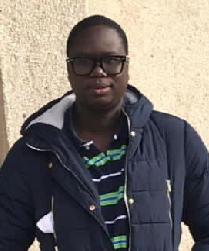
Jonathan Akafua
MS. EEE (Intern: Intel; Currently with Intel)
2021 - 2022
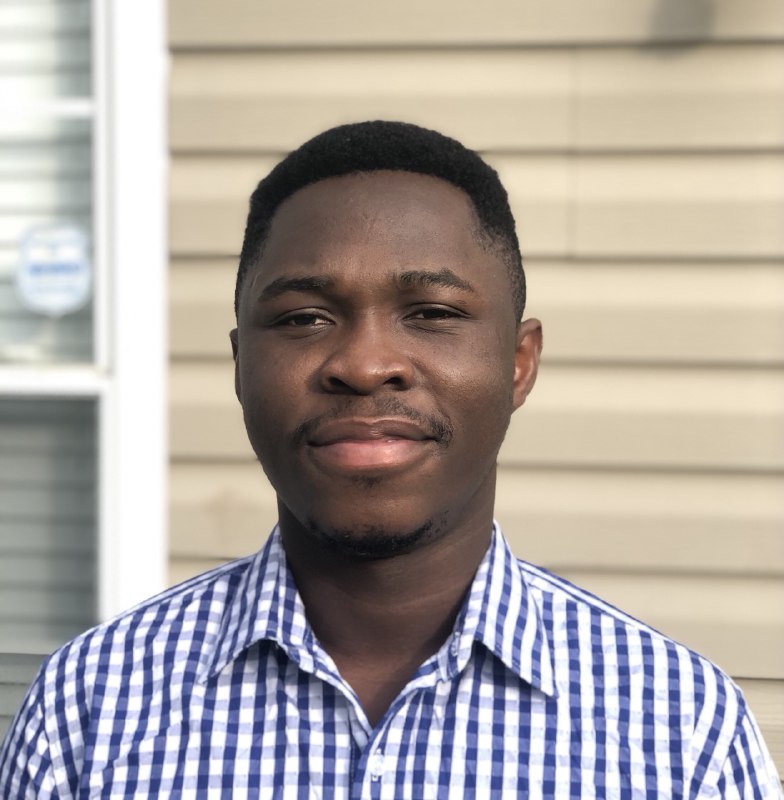
Irvin Quarty
MS. EEE (Intern: IBM; Currently with Intel)
2021

Cameron Green Senior EEE, 2021 - 2022
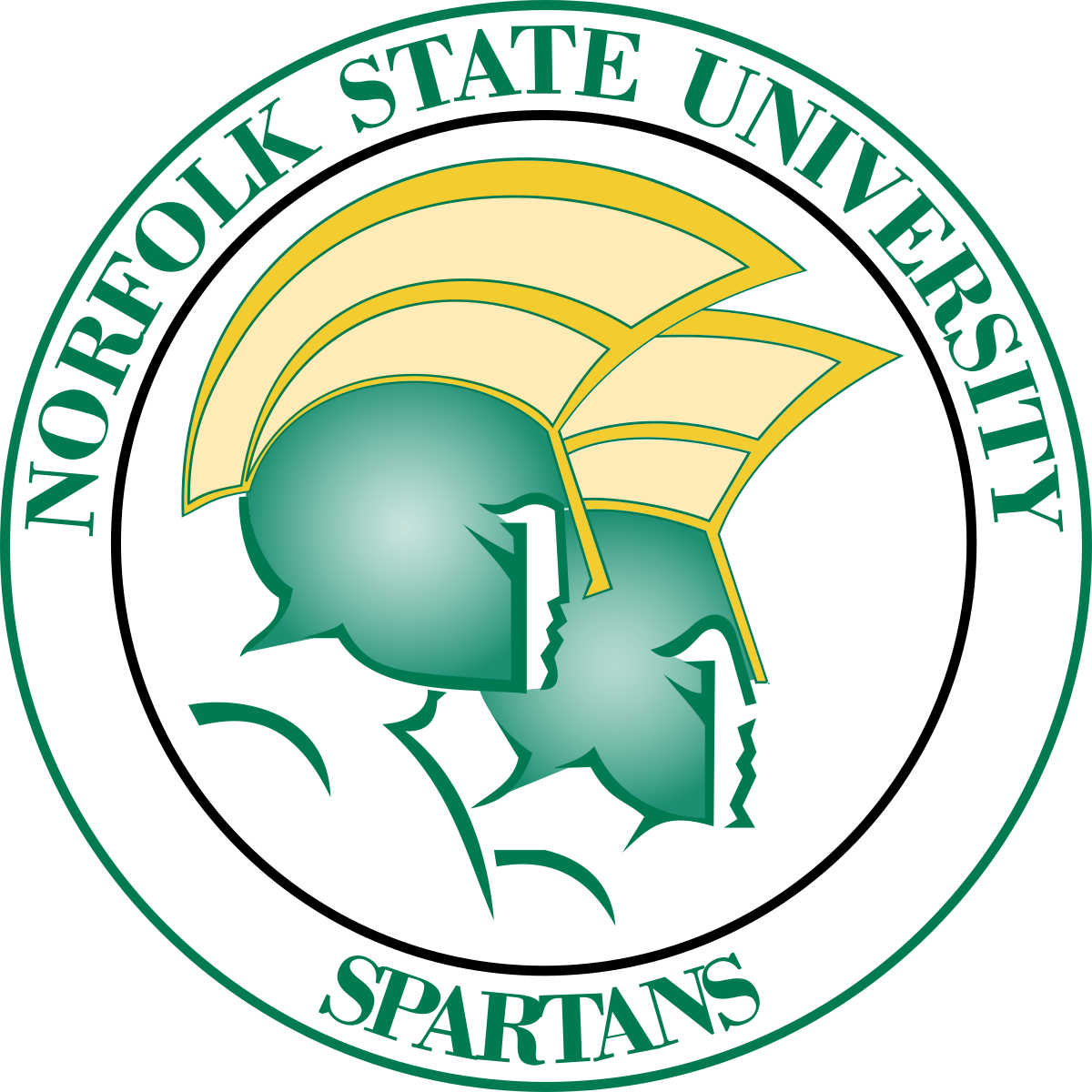
Dickson Afful MS EEE, 2022
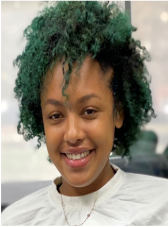
Chey’na Bunch MS EEE, 2022 Fall

Kenneth Bowe 2021 Fall and 2022 Spring
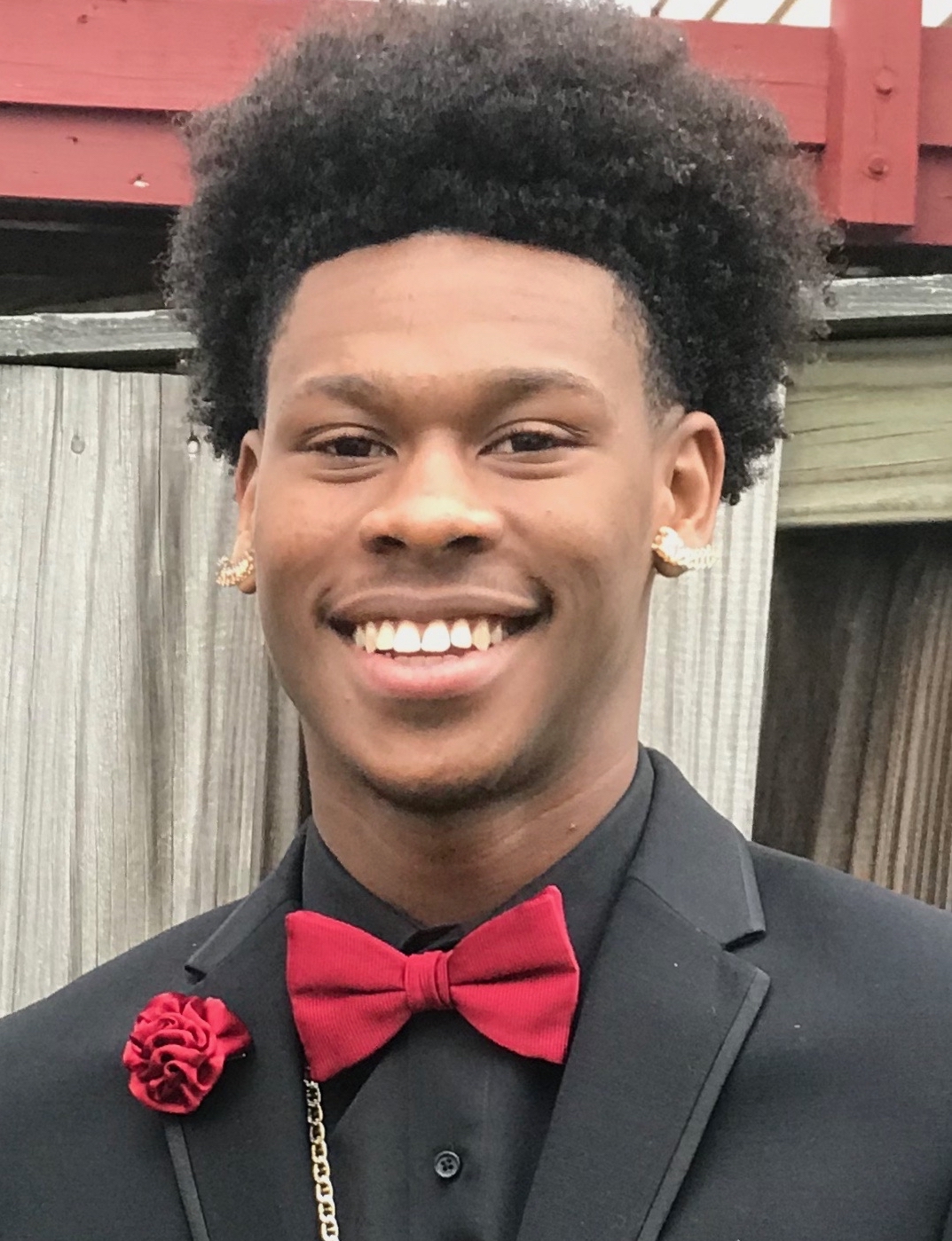
Adrien Jakeem 2020 Fall and 2021 Spring
Publications
Joint Channel and Antenna Modeling for Magnetic Induction Communication in Inhomogeneous Media
H. Guo and A. A. Ofori
IEEE Open Journal of the Communications Society, 2020.MagBB: Wireless Charging for Batteryless Sensors using Magnetic Blind Beamforming
A. A. Ofori and H. Guo
IEEE Consumer Communications and Networking Conference (CCNC), virtual, Jan. 2021.Internet of Things in Extreme Environments using Low-power Long-range Near Field Communication
H. Guo and A. A. Ofori
IEEE Internet of Things Magazine, 2021Magnetic Blind Beamforming for Battery-Free Wireless Sensor Networks
A. A. Ofori and H. Guo
IEEE Transactions on Green Communications and Networking, 2022RSS-Based Localization using A Single Robot in Complex Environments
H. Guo, I. Quartey, and C. Green
2022 18th International Conference on Distributed Computing in Sensor Systems (DCOSS), 2022RSS-Based Localization for Wireless Underground Battery-Free Sensor Networks
H. Guo
IEEE Sensors Letters, 2022Taking Wireless Underground: A Comprehensive Summary
A. Pal, H. Guo, S. Yang, M. A. Akkas and X. Zhang
ACM Transactions on Sensor Networks, 2023
